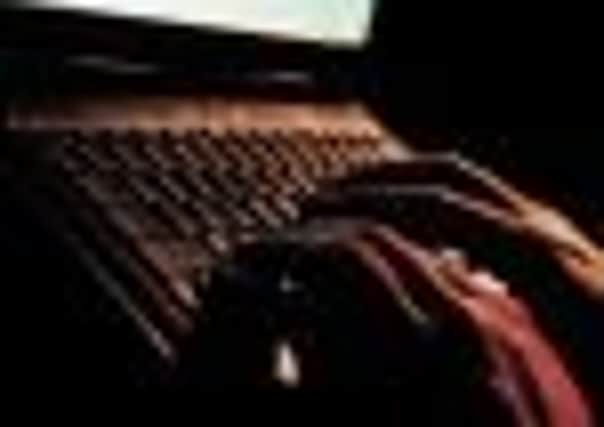Tech Talk: The rise of the Ultrabook


Meanwhile, the Ultrabook is on the rise. More than just a tool for casual surfing, it’s a fully-fledged Windows computer, but lighter and more durable than before. The processor manufacturer Intel has devised the Ultrabook as a way of stimulating demand for its microchips, which aren’t generally used in smartphones. At first glance, it’s just another laptop but under the lid is a solid state hard drive instead of the traditional, much heavier, mechanical variety. Ultrabooks also boast a greatly increased battery life and are said to power on and connect to the internet almost instantly. Just like tablets, in fact.
Toshiba, Samsung, Acer and others are now turning out Ultrabooks – in many cases instead of netbooks – and the first ones are in the shops now, with more to follow this month. Currently you won’t get much change out of a grand, but prices are expected to fall sharply as the year goes on.
Advertisement
Hide AdAdvertisement
Hide AdThe models so far are less than three-quarters of an inch thick and around three pounds in weight – about half that of a regular laptop. They sport 11 or 13-inch screens, processors that would put many desktop PCs to shame, and a full complement of connection ports. Battery life is said to be between five and eight hours. They are being targeted at business users initially, especially those who might otherwise have been tempted by an Apple MacBook. But it won’t be long before Currys are pushing them out to the rest of us.
Meanwhile, the fag end of the current sales could be a good time to pick up a choice example of the endangered species that is the netbook. For less than £200 you can get a basic model with a 10-inch screen (similar to a tablet), full-size keyboard and Windows 7. The trouble is that Windows won’t run very quickly with the cut-price standard processor – which may explain why some people prefer tablets. New year or not, the old computing adage applies here: today’s technology is tomorrow’s doorstop.